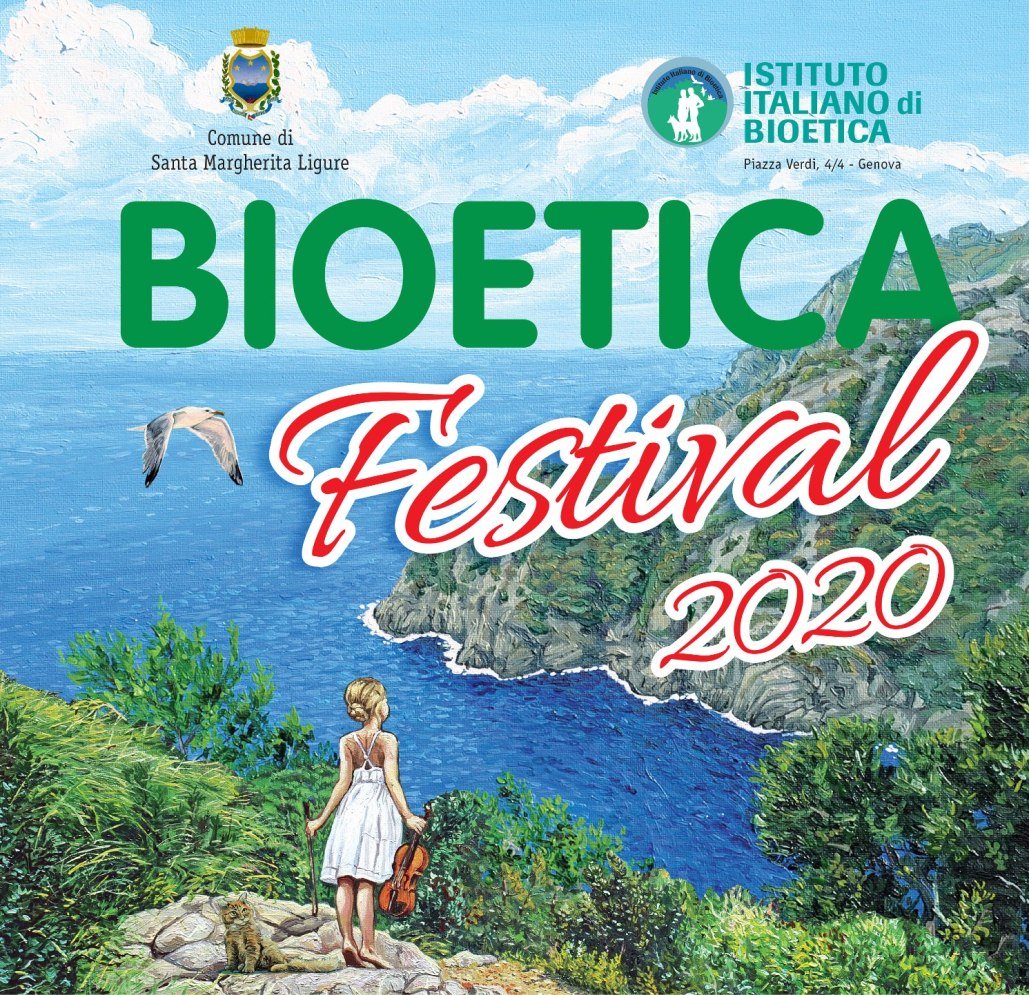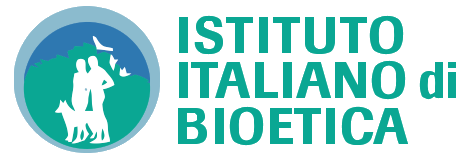European Principles for Medical Ethics
Giorgio Berchicci
Ethical problems have always had a great interest to the public at large, and this has increased even more so with recent discoveries such as DNA sequence transcription (that has opened new perspectives in the battle against the most dangerous diseases), stem cells (offering potential cures), and the beginning of single gene interpretation, opening a new era in Predictive Medicine.
Major Interest in this subject commenced following the Nuremberg trial, when (as is well know) it was revealed that atrocious experiments were made on the inmates of concentration camps without any informed consent, resulting in the Nuremberg Code, which was universally accepted. Respect for Human Dignity had achieved an absolute value, and the necessity to obtain Informed Consent from people submitted to clinical and pharmacological experiments was also underlined by the Helsinki code (1964 ).
Neverthless, despite both the Nuremberg and Helsinki declarations, many doctors continued without obtaining informed consent from their patients.
In order to correct this and other serious abuses, a commission was organized in the USA in the 70’s that elaborated the Belmont rapport ( 1974).
During the same period, in contributing to the Kennedy Institute research project on Bioethics, Warren Reich, President of the Encyclopedia of Bioethics (1978), emphasised the work of two philosophers, Tom L Beauchamp and James F Childress, who individualize some “ in-between principles” to help scientists in biomedical research.
Thanks to their work, the first four ethical principles for medicine were established:
1. Autonomy
2. Beneficialty
3. Non-malevolence
4. Justice or equity
In 1970 was born also the name of this new discipline, studying the relationship between patients and doctors: firstly, an article entitled “Bioethics. The science of survival”[1] and, the following year, the famous book, written by Van Renssealer Potter, “Bioethics. A bridge to future”[2] which stressed the writer’s hope “to confront in a new way the problem of the survival of humanity in a context difficult in a time of technological improvement”. In other words, Van Renssealer Potter wanted that Bioethics could be an “individual science”, to defend man against man”[3].
The autonomy principle is linked to a citizen’s personal freedom. This principle underlines the idea that a patient must be considered as a individual person, who has the right to take upon himself the responsibility for decisions about his own health, and that doctors must respect all those decisions that he has made.
The second and third principles express the requirement on doctors to work for the patient’s best interests and good health: in the Hippocratic Oath, “do no harm” was the fundamental principle, and still today, despite all the advanced technological progress, it remains the most important principle in medical practice.
Finally, the justice principle introduces a new dimension into medicine context - overall (and not only in those Countries that have a National Health System) that there should be a just distribution of advantages and burdens within the access criteria to that NHS in order to satisfy the right to health protection present in many Constitutional Laws.
Following this short reconstruction of the first four ethical principles, UEMS should ask itself if it is possible to develop other principles in this new era of change in medicine and society, to reply to new dilemmas presented by new technologies, “to introduce a new pathway for values opposite a deeply changed reality”[4], to offer to collegues some new principles for future years.
Thus it is suggested to introduce three other principles that, in our opinion, can help patients and doctors in their relationships:
1. Privacy
2. Conflict of interest
3. CPD
On Privacy, we can say that it’s a fundamental right of all citizens, recognized also by EU in a specific law adopted in all European States - this has a large ethical value. All the articles of this law must be respected by Specialists, to preserve patients from some unacceptable problems that may arise. It must be remembered that the Privacy principle is linked to that on Autonomy, both emanating from the Law of “Habeus Corpus” of 1672 in England.
Regarding Conflict of Interest, there are many excellent articles in the literature. It’s not only “A set of conditions in which professional judgement concerning a primary interest (such as a patient’s welfare or the validity of research) tends to be unduly influenced by a secondary interest (such as financial gain)”[5], but also where personal advantage may occur, such as in the relation between some influential medicine names and the pharmaceutical industries[6], and, overall, the objectivity of interpretation of results.
As is well know, today the battle is played out through the media, where it is difficult for practitioners to decide whether the information is entirely correct, or used to imply conclusions that may be wrong or, in a subtle manner, to induce to thinking in the same manner as the industry... For these reasons, we believe that Doctors must keep always their independence judgement, and U.E.M.S. can offer them the instruments to do so (such as G.I.N.)
This is also a good reason for the third principle, CPD, because we know that the only way for specialists to care for their patients, is to be always prepared and up-to-date in their own specialty, but also in all aspects of medicine in general. UEMS has strenuously applied itself to spread even more CME, it being the only European Medical Organisation to have created a specific organism to elaborate and harmonize the CME/CPD “ Culture ” in all the European Union Countries.
It’s for these reasons that, in UEMS Strategy paper, Sections should undertake research; It is not sufficient just to complete graduate and post –graduate studies in order to care for patients. We need overall to apply research results, to give to patients the very best treatment and care in a particular field of medicine. Only by the continual application of the latest developments in medicine can we help our profession and patient health. European examinations may be a very good way for young specialists to check their expertise. Medical education must be adjusted to overcome dogmatic and reductive concepts in the field of medicine, but must give attention to develop knowledge, behaviour and competence to permit a specialist to interpret and confront different clinical situations.
[1] Bioethics.The science of survival, 1970, Perspectives in Biology and Medicine, pp 127-153
[2] Bioethics. A bridge to future, 1971, Englewood Cliffs
[3] Francesco D’Agostino, Bioetica, Giappichelli Torino
[4] T.Engelhardt,1991
[5] Thompson D.F.
[6] Recently, in Italy occured a very bad situation, because one of the past Health Minister, prof Girolamo Sirchia, was accused to employ his personal secretary payed by pharma industries.


